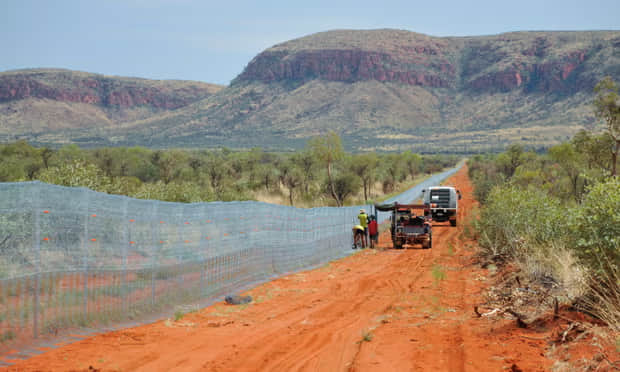When 160,000 people fled due to the radiation leak from the Fukushima nuclear plant in March 2011, Mr. Sakae Kato remained to rescue abandoned cats.
“I want to be here to take care of the last cat, even if it dies a day or an hour later,” said the man, who used to own a small construction business. To date, Kato has buried 23 cats in his garden. Recently, the graves have been disturbed because wild boars often come to desolate residential areas to destroy them. In his home and another abandoned building, Kato keeps 41 cats.
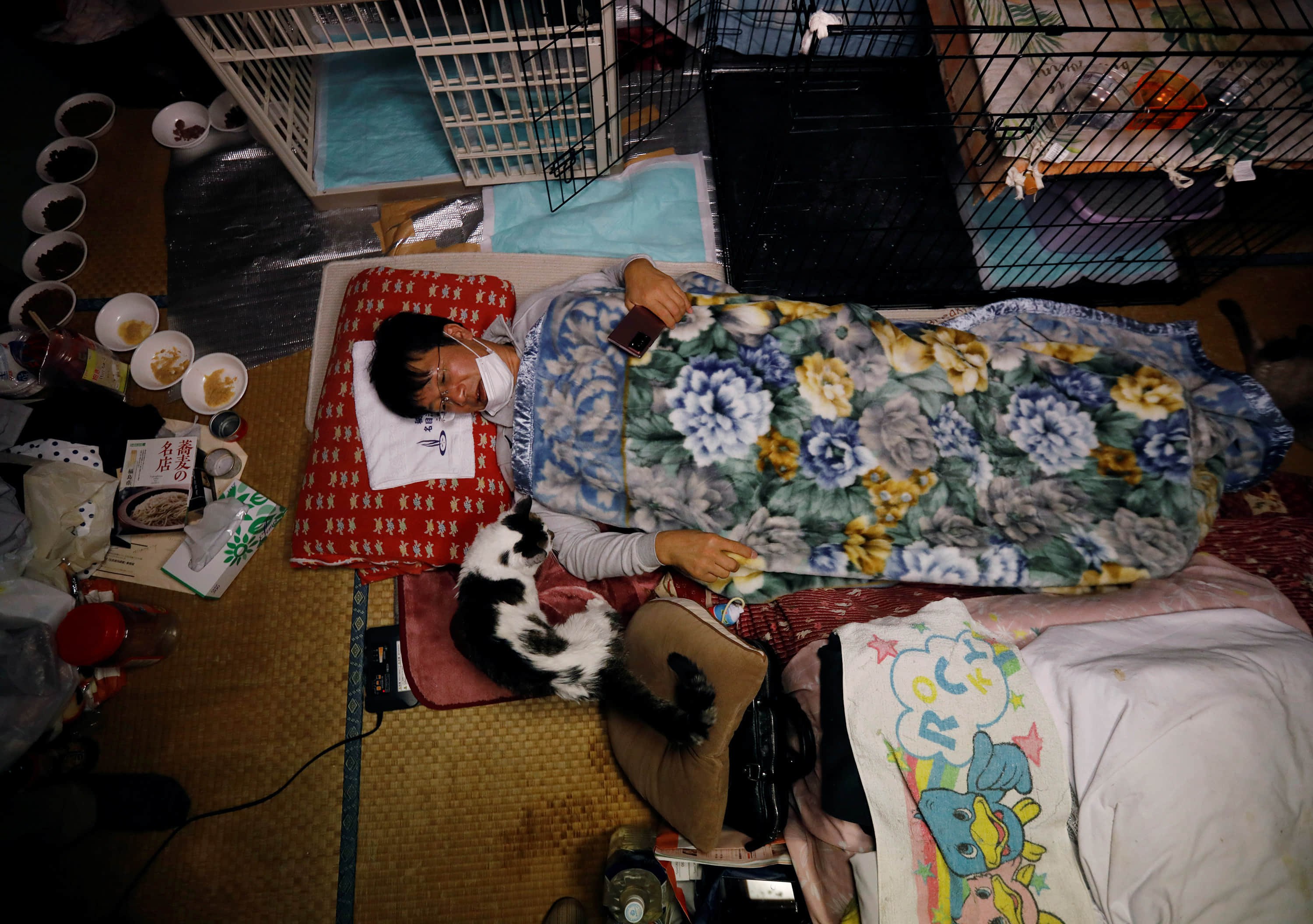
He left food for stray cats in a shed. Kato also rescued a dog named Pochi. Without running water, he had to go to a nearby mountain stream, fill a water bottle, or drive to a public restroom.
The 57-year-old man said the shock of seeing so many dead pets in abandoned apartments urged him not to run away. Saving stray cats is also the reason for Kato to stay on the land where three generations lived. “I don’t want to go. I like living in these mountains,” he said, standing in front of his house, where visitors are allowed but no sleeping is allowed.
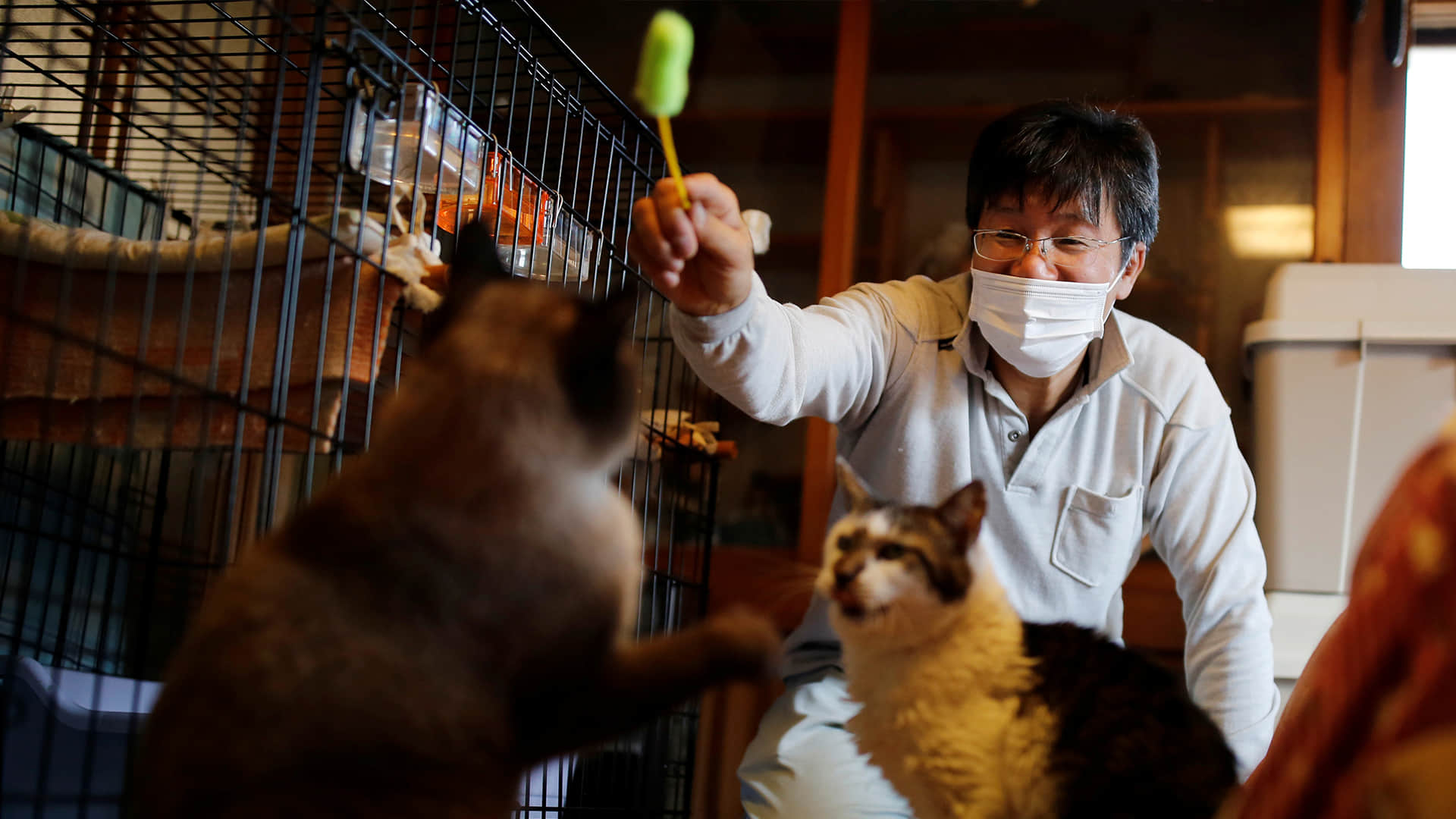
The two-story wooden house was shabby. Rotten and sagging floorboards. The wall and roof tiles that block the rain were knocked off by a strong earthquake last month. The devastation evoked terrifying memories of the devastating earthquake of March 11, 2011, which led to a tsunami and nuclear disaster. “The house can be used for another two or three years,” Kato said.
He estimates spending $7,000 a month on shelter animals, some of which goes to buying food for dogs and wild boars that gather near his house at dusk.
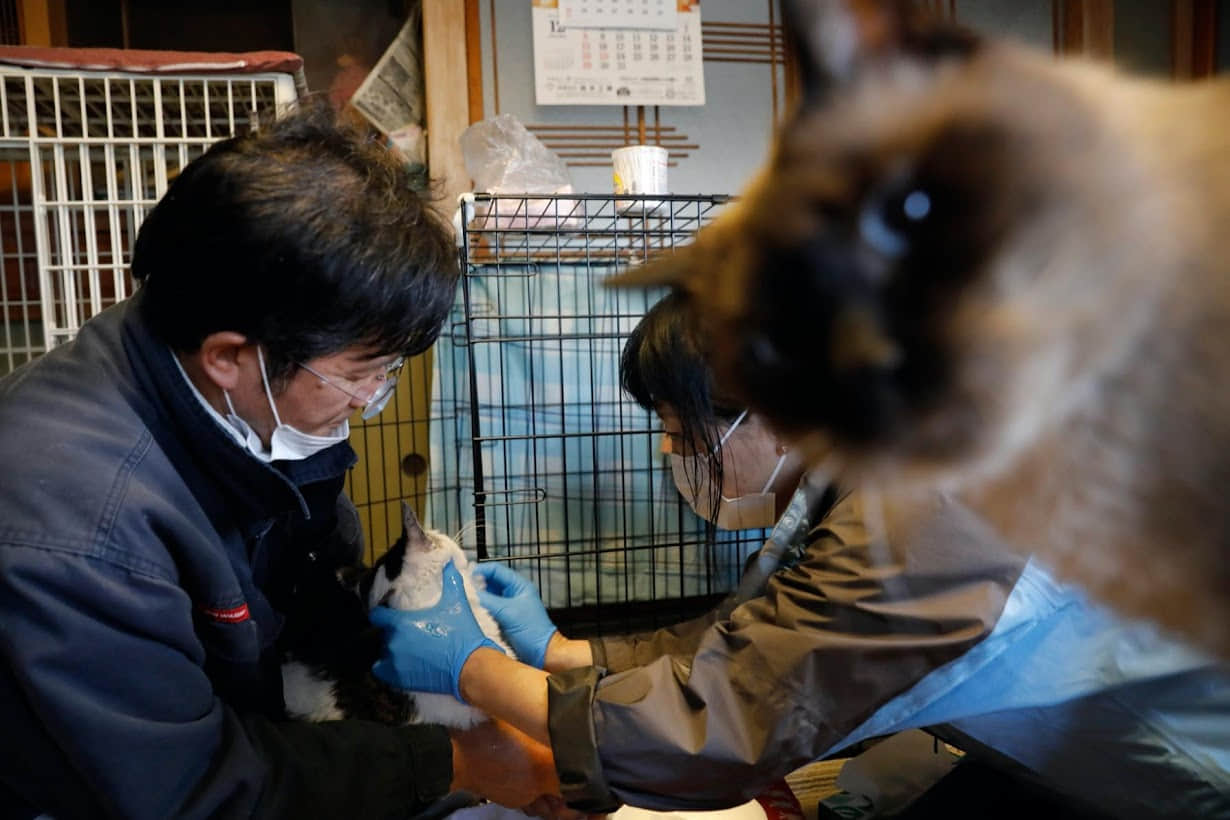
The fields near Mr. Kato’s house have been disinfected, signaling that residents will soon be allowed to return.
About 30km southeast of Mr. Kato’s house, Ms. Hisae Unuma is also looking at her old house. Even though it survived the earthquake, it was still eroded by wind and frost. “I’m surprised it’s still standing,” said the farmer growing vegetables in Saitama prefecture near Tokyo.
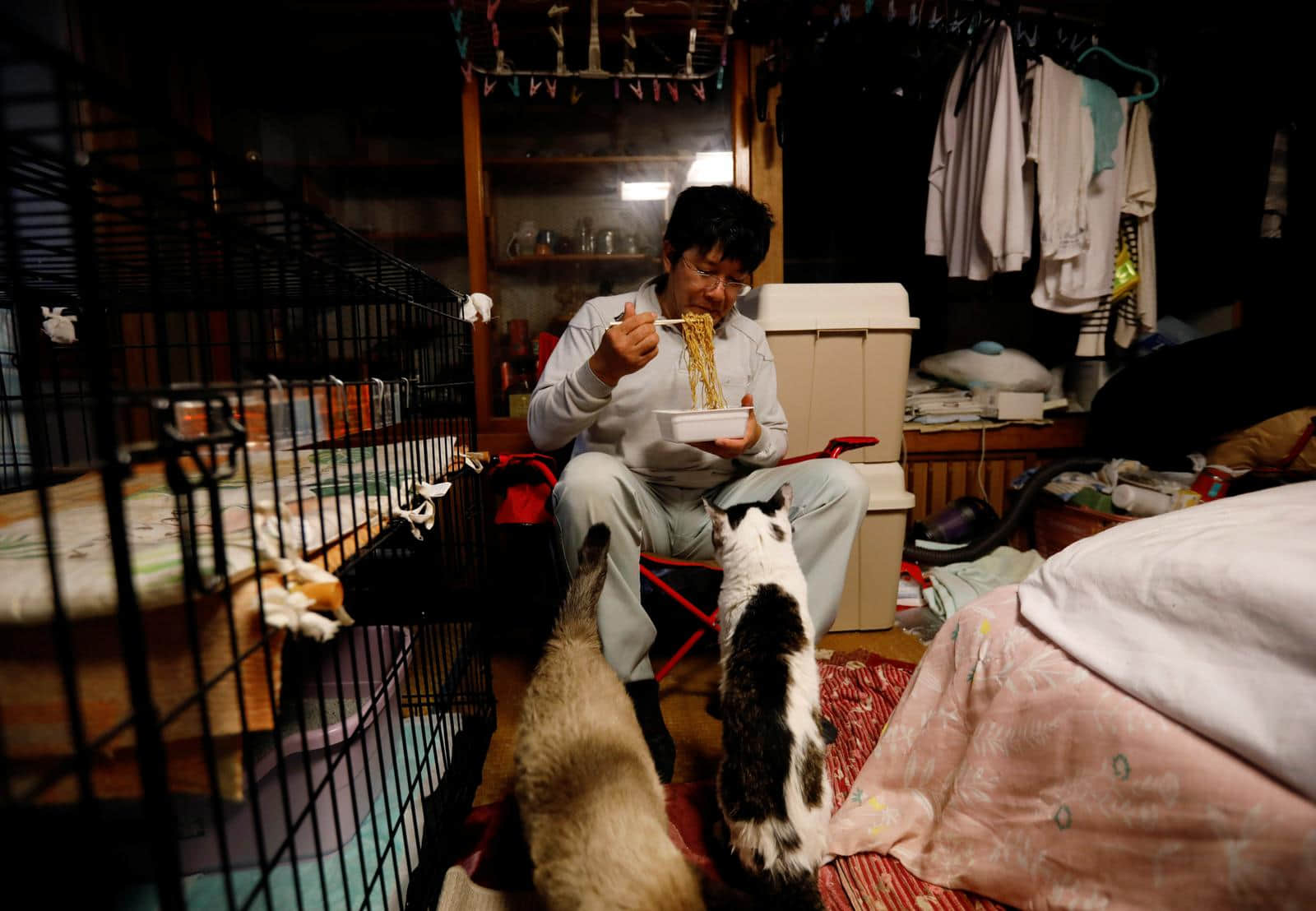
Ms. Unuma ran away from home after the nuclear power plant’s cooling system broke down, leaking radiation.
The Japanese government sees Fukushima as a symbol of national revival – encouraging people to return to this polluted land. But because of fear of nuclear plants, jobs and infrastructure, people are staying away from this place.
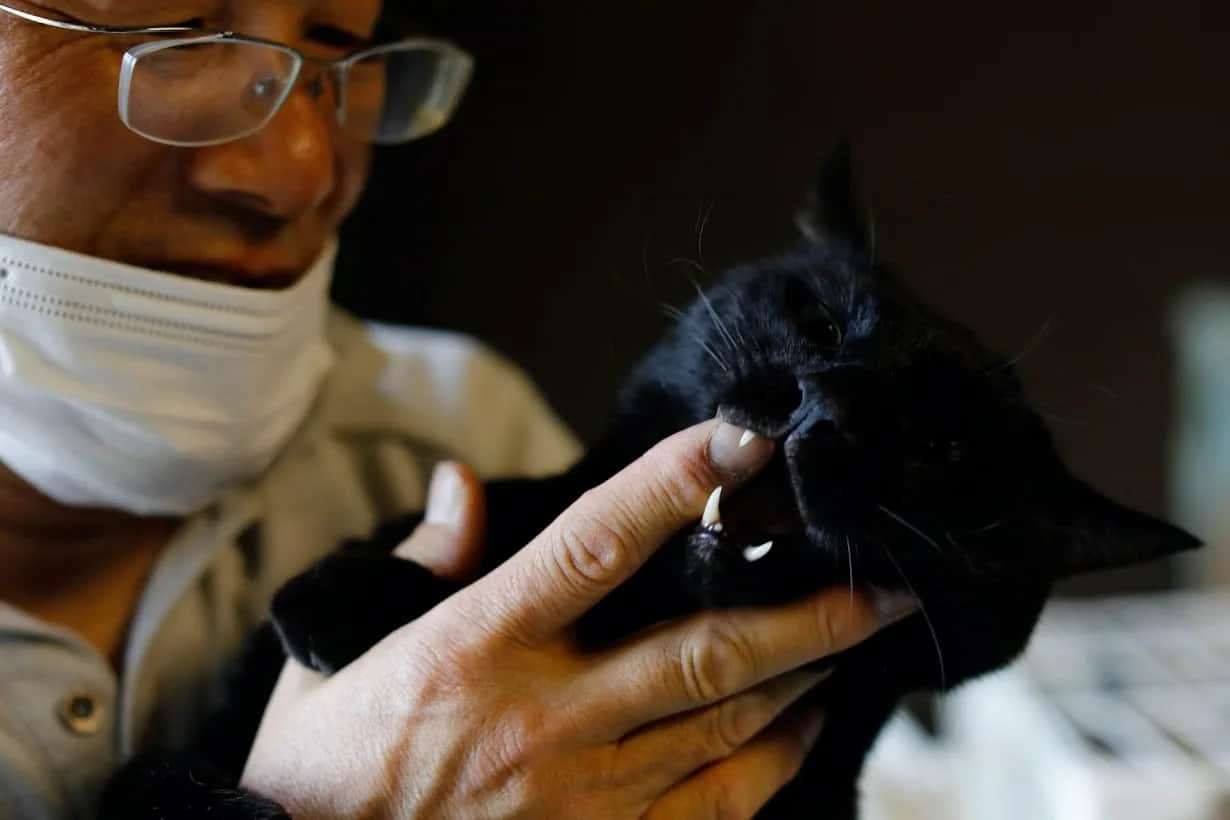
Ms. Unuma said she will not return to her old home, even if the government creates favorable conditions.
Radiation levels around her home in Fukushima are currently about 20 times higher than in Tokyo. This woman is not afraid of earthquakes, but worries that nuclear reactors are not safe.



